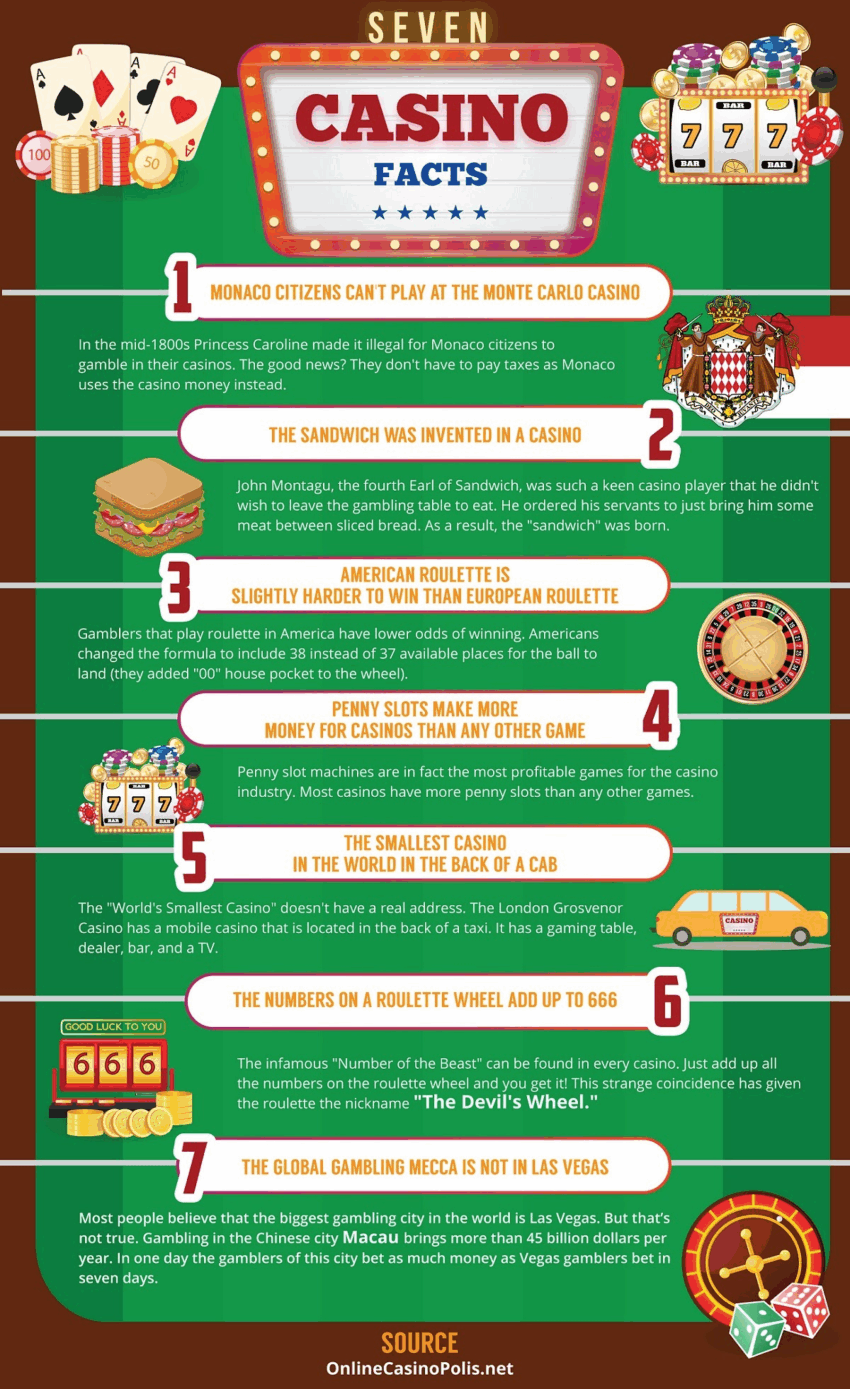Gambling facts reveal an intriguing world where excitement often intertwines with misconceptions. As both seasoned players and newcomers navigate the exciting realm of wagering, it is vital to separate gambling myths from the reality of gambling behaviors and risks. Misunderstandings about gambling addiction and the mechanics of games can lead individuals to make decisions based on false beliefs. Furthermore, the rising landscape of online gambling regulations only adds to the complexity of the issue by introducing new ways to engage and potentially misinterpret the stakes involved. By understanding gambling odds and the truths behind popular statements, players can foster a safer and more responsible gambling experience.
In the dynamic universe of betting and risk-taking, one cannot overlook the importance of comprehending essential gambling truths. The allure of chance and fortune often blinds individuals to the hidden dangers tied to gaming activities, alongside the pervasive gambling fallacies that persist in public discourse. Terms such as wagering, betting habits, and the intricacies of online betting platforms paint a picture of an industry filled with both opportunity and pitfalls. By shedding light on the stark contrasts between betting myths and factual insights, players can better appreciate the significance of informed decisions, thereby aiding in their quest for enjoyment without jeopardizing their well-being.
Gambling Facts: The Reality Behind Common Myths
Gambling has long been surrounded by various myths that can mislead both novice and seasoned players alike. One such myth is that players can predict when a slot machine is ‘due’ for a jackpot. This misconception arises from a misunderstanding of how randomness and probability work in gambling. Most electronic gambling devices, including slot machines, operate on a random number generator (RNG) system that ensures each spin is independent and unpredictable. Thus, believing in ‘hot’ or ‘cold’ streaks is a pitfall of gambler’s fallacy, compounded by anecdotal experiences rather than grounded statistical reality.
Moreover, there is a pervasive notion that gambling is primarily about luck, and while luck does play a significant role, skill can also influence outcomes, particularly in games where strategy is essential, like poker. However, recent research indicates that even highly skilled players experience significant variance in their results due to the randomness of card dealing or dice rolls. Understanding these gambling facts is crucial for players to navigate their gaming experiences responsibly, mitigating risks associated with gambling addiction and enhancing their overall enjoyment.
Navigating Online Gambling: Myths and Regulations
With the surge of online gambling, numerous misconceptions have surfaced regarding the safety and legitimacy of these platforms. A prevalent myth is that online casinos are less regulated than traditional casinos. Contrary to this belief, reputable online gambling sites are subject to stringent regulations set forth by various international gaming authorities. These regulations ensure fair play, protect consumers, and provide oversight that addresses responsible gaming practices. As players, it is vital to do thorough research and choose licensed operators to minimize risks associated with online gambling.
Furthermore, understanding the framework of online gambling regulations helps to demystify the perceived dangers of this modern gambling format. Players often fear that online gambling can lead to unchecked gambling habits due to its accessibility. Yet, many regulated platforms offer tools for responsible gambling, such as deposit limits and time-out periods, designed to help users manage their betting behavior. Therefore, awareness of online gambling regulations and their implications can provide players with a safer gambling experience, distinguishing fact from fiction in the world of digital gaming.
Frequently Asked Questions
What are some common myths about gambling that people should know?
Many gambling myths can mislead players, particularly the belief that games like slots operate on ‘hot’ or ‘cold’ streaks. In reality, gambling odds remain constant, and every event is independent. Additionally, the myth that only a small proportion of gamblers develop addictions overlooks the statistics showing 1-2% of adults may face significant gambling disorders. Understanding these gambling facts is crucial for making informed decisions and promoting responsible gambling practices.
How do gambling odds work and why is it important to understand them?
Gambling odds reflect the probability of winning in various games and are fundamental for any gambler. A common misconception is that past outcomes influence future results. However, each spin of a slot machine or roll of the dice is random and independent, meaning understanding gambling odds is essential. This knowledge helps players engage more responsibly, manage risks, and recognize that skill plays a role in games like poker, but luck is often the deciding factor.
| Key Point | Myth | Reality |
|---|---|---|
| Understanding the Odds | Certain games have better odds based on past experiences. | Games operate on randomness; past outcomes do not affect future results. |
| Skill vs. Luck | Poker can be mastered completely by skill. | Both skill and luck play significant roles in gambling. |
| Underestimating Problem Gambling | Only a small percentage of gamblers have issues. | 1-2% of adults experience gambling disorders; awareness is crucial. |
| Online Gambling Myths | Online casinos have less regulatory oversight. | Many online platforms are heavily regulated for fair play. |
| Marketing Misconceptions | Gambling leads to a glamorous lifestyle. | Advertisements often ignore the financial risks of gambling. |
Summary
Gambling Facts reveal an often misunderstood aspect of a popular pastime: the difference between myths and reality. Many players fall prey to persistent misconceptions that can lead to irresponsible behavior and serious consequences. Understanding the true nature of gambling involves recognizing that games are based on randomness, where luck often trumps skill. Moreover, the prevalence of gambling addiction is more widespread than many believe, highlighting the need for education and awareness. By dispelling common myths and focusing on the factual realities of gambling, individuals can foster safer habits and a more informed approach to this thrilling activity.
